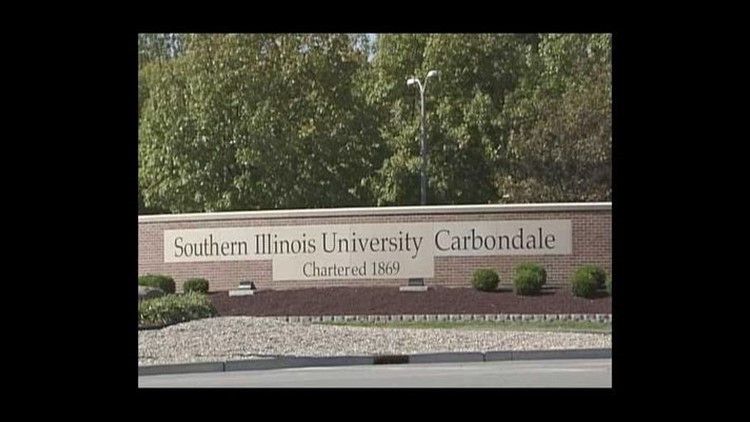CARBONDALE, Ill. — A federal grand jury in Carbondale, Illinois, returned an indictment Wednesday charging a mathematics professor and researcher at Southern Illinois University – Carbondale with two counts of wire fraud and one count of making a false statement.
According to court documents, Mingqing Xiao, 59, of Makanda, Illinois, fraudulently obtained $151,099 in federal grant money from the National Science Foundation by concealing support he was receiving from the Chinese government and a Chinese university.
“Again, an American professor stands accused of enabling the Chinese government’s efforts to corruptly benefit from U.S. research funding by lying about his obligations to, and support from, an arm of the Chinese government and a Chinese public university,” said Assistant Attorney General John C. Demers for the Justice Department’s National Security Division.
The prosecution is part of DOJ’s China Initiative, a broad, multi-faceted effort to counter Chinese national security threats and safeguard American intellectual property.
According to the indictment, Xiao has worked in SIUC’s mathematics department since 2000, focusing his research on partial differential equations, control theory, optimization theory, dynamical systems and computational science. In that position, Xiao allegedly applied for and received NSF grant funds for a project set to run from 2019 to 2022 without informing NSF about another, overlapping grant he had already received from the Natural Science Foundation of Guangdong Province, China.
Xiao also allegedly failed to inform NSF that he was on the payroll of Shenzhen University, a public university in Guangdong Province, and that he had already committed to teaching and conducting research at Shenzhen University from 2018 to 2023.
Said FBI Special Agent Sean M. Cox: “The FBI takes seriously its commitment to work with our partners in academia to protect U.S. research funded grants. This investigation, like so many others, should serve as a reminder that failure to be truthful and transparent on an application for U.S. funded grants is a violation of the law. In this case the applicant allegedly failed to disclose his affiliation with China.”
The indictment further alleges that in March 2019, while his NSF grant proposal was still pending, Xiao submitted another grant proposal to the Natural Science Foundation of China. According to the indictment, Xiao allegedly applied for the funds as an employee of Shenzhen University and did not disclose the new Chinese proposal to NSF.
Before awarding the grant, NSF questioned Xiao about any current or pending funding from “worldwide sources,” including specifically whether he held any position outside of the United States or had obtained funding from non-U.S. funding sources. The indictment accuses Xiao of falsely reporting to NSF that he had nothing else to disclose.
If convicted, Xiao faces up to 20 years in prison on each count of wire fraud and up to five years in prison for making a false statement. All three charges are also punishable by a fine of up to $250,000.
“The charges in this case are very serious,” said U.S. Attorney Steven D. Weinhoeft for the Southern District of Illinois. “University grant fraud allows China to co-opt U.S. research and development at a fraction of the cost. Prosecutions like this one play an important role, not just in protecting American investments in academic research from foreign exploitation, but also in combating the growing threat that China poses to our national security.”
The investigation was conducted by the FBI, the IRS and the Department of Homeland Security. Assistant U.S. Attorney Peter T. Reed is prosecuting the case, with assistance from NSD’s Counterintelligence & Export Section.



